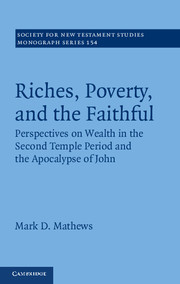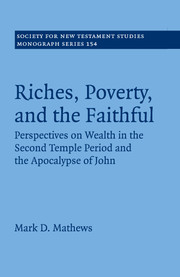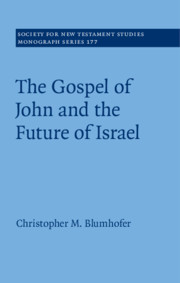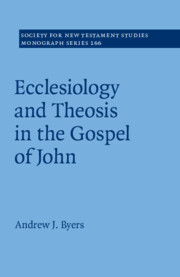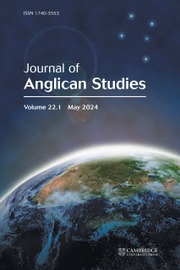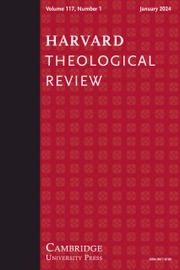The Role of Jewish Feasts in John's Gospel
In the first three Gospels, Jesus rarely travels to Jerusalem prior to his final week. The Fourth Gospel, however, features Jesus' repeated visits to the city, which occur primarily during major festivals. This volume elucidates the role of the Jewish feasts of Passover, Tabernacles, and Dedication in John's presentation of Jesus. Gerry Wheaton examines the Gospel in relation to pertinent sources from the Second Temple and Rabbinic periods, offering a fresh understanding of how John appropriates the symbolic and traditional backgrounds of these feasts. Wheaton situates his inquiry within the larger question of Judaism in John's Gospel, which many consider to be the most anti-Semitic New Testament text. The findings of this study significantly contribute to the ongoing debate surrounding the alleged anti-Jewish posture of the Gospel as a whole, and it offers new insights that will appeal to scholars of Johannine theology, New Testament studies, and Jewish studies.
- Examines sources that have been largely overlooked by past studies on Judaism in the Fourth Gospel
- Discusses how John uses Jewish feasts to make claims about Jesus and his relationship to the Jewish faith
- Challenges common assumptions about anti-Semitism in John's Gospel
Reviews & endorsements
'Wheaton’s work proves important for continued work in the Fourth Gospel, particularly in its relationship to Judaism and the religion of John’s day. Student and professor alike will find it helpful for larger discussions of this theme as well as specific issues surrounding the feasts. It will also prompt the reader to think carefully about Jesus’s presentation of himself.' Randall L. McKinion, Journal of the Evangelical Theological Society
Product details
March 2015Hardback
9781107079687
234 pages
218 × 145 × 23 mm
0.42kg
2 tables
Available
Table of Contents
- 1. Introduction
- 2. The role and perception of Judaism in John
- 3. The role of Passover
- 4. The role of Tabernacles
- 5. The role of Dedication
- 6. Conclusion.


